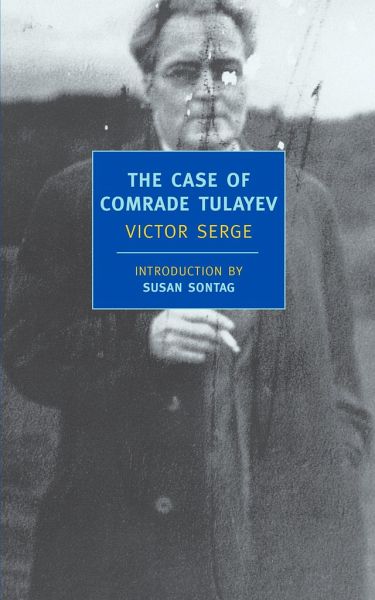
The Case of Comrade Tulayev

PAYBACK Punkte
12 °P sammeln!
One cold Moscow night, Comrade Tulayev, a high government official, is shot dead on the street, and the search for the killer begins. In this panoramic vision of the Soviet Great Terror, the investigation leads all over the world, netting a whole series of suspects whose only connection is their innocence at least of the crime of which they stand accused. But The Case of Comrade Tulayev, unquestionably the finest work of fiction ever written about the Stalinist purges, is not just a story of a totalitarian state. Marked by the deep humanity and generous spirit of its author, the legendary anar...
One cold Moscow night, Comrade Tulayev, a high government official, is shot dead on the street, and the search for the killer begins. In this panoramic vision of the Soviet Great Terror, the investigation leads all over the world, netting a whole series of suspects whose only connection is their innocence at least of the crime of which they stand accused. But The Case of Comrade Tulayev, unquestionably the finest work of fiction ever written about the Stalinist purges, is not just a story of a totalitarian state. Marked by the deep humanity and generous spirit of its author, the legendary anarchist and exile Victor Serge, it is also a classic twentieth-century tale of risk, adventure, and unexpected nobility to set beside Ernest Hemingway's For Whom the Bell Tolls and André Malraux's Man's Fate.



